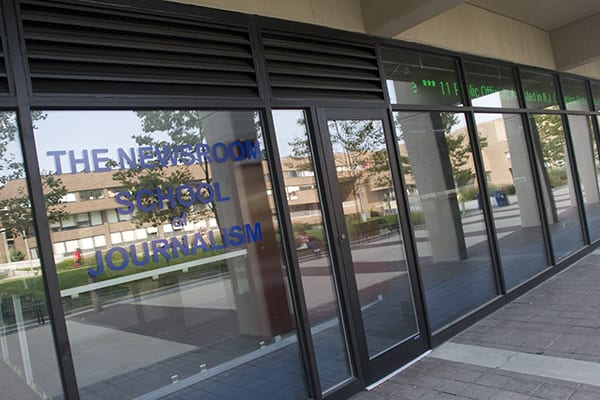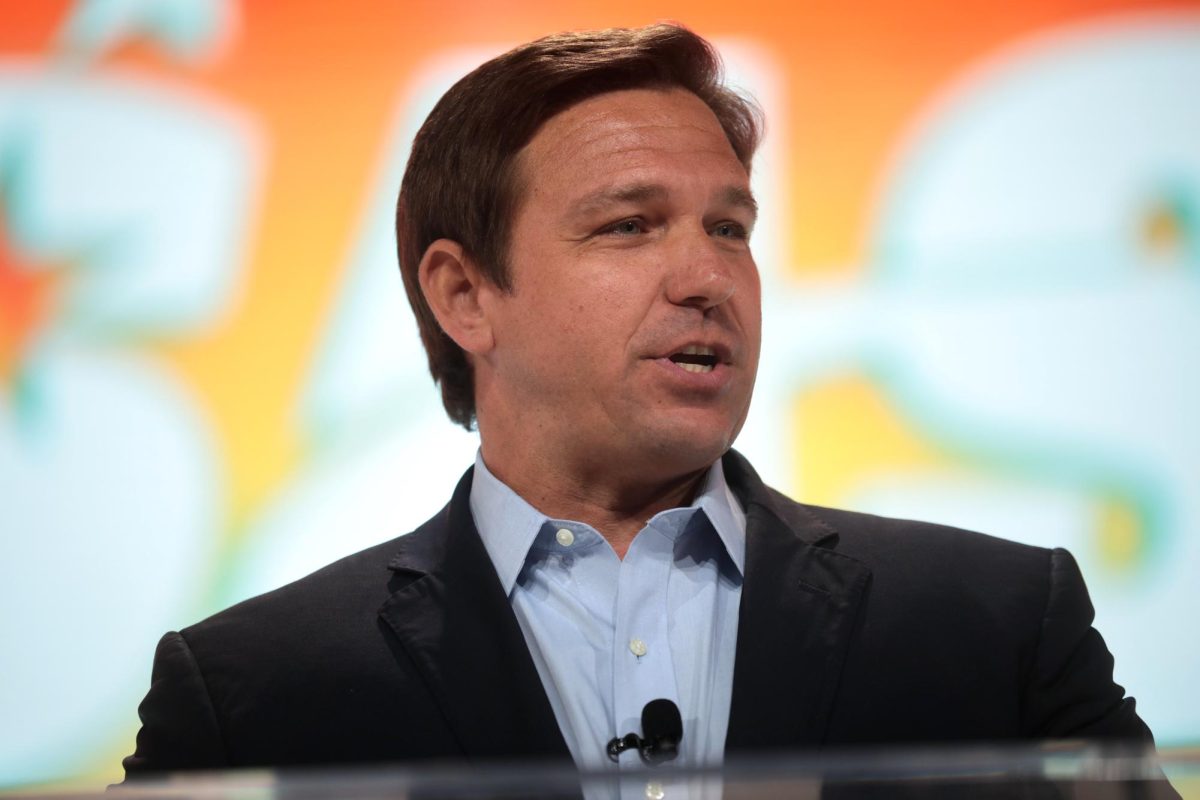
Steven Keehner, assistant opinions editor, is a junior journalism major with a minor in history.
I published an article about what journalism must do to succeed in the future about a week ago. Since that article went out, I’ve given it a lot of thought. While I don’t disagree with what I said, I believe my piece was extremely narrow-minded.
I preached how transparency was the way of the future for the industry, so I would be a hypocrite if I failed to mention how, as an opinion writer, I didn’t do my last piece justice. It was a cookie-cutter approach that was insufficiently aggressive in addressing the problems in journalism.
So, in line with the pandemic itself, where I’m already talking to myself more than I’d like to admit, I want to follow up on my piece and try to push forth additional solutions that I should’ve mentioned before.
For instance, maybe the most bothersome aspect of what I wrote is in the headline: “If we want journalism to survive, it begins with self-evaluation.”
Journalism in America is not facing “death” in the conventional sense, in that it may one day cease to exist. People’s appetite for honesty and knowledge is universal. Rather than generalizing the whole industry, maybe I should’ve changed it to “local news.”
But without a doubt, the most serious problem confronting the industry is its lack of diversity. Of everything to be embarrassed about not mentioning in my last piece, this issue is undoubtedly it. Racism is, unfortunately, a major problem in newsrooms across the nation. If we are unable to build fair and balanced newsrooms, subsequent coverage will never be fully effective for all.
It’s not that one reporter can’t cover a topic outside of their race, gender or ethnicity; it’s important for people to step into new areas in the name of not only meaningful news coverage, but to improve as a human being.
It’s critical for an industry committed to “serving the public’s interest” to create environments where a diverse range of backgrounds can collaborate to create a scope of storytelling that is not only for the sake of checking boxes, but for actual meaningful change.
While I’m already in a similar ballpark, the lack of gender diversity is another area that journalism is painfully behind in. This isn’t even considering queer journalists, although that is an issue we could apply to any industry, unfortunately.
Another important topic I really wish I had mentioned is supporting independent journalism. Contrary to what many may think, the media world is bigger than Fox, CNN and MSNBC. There are countless non-profit and independent reporters who show that creating meaningful journalism doesn’t require one to be with The New York Times or The Washington Post.
I implore anyone reading this to look beyond their scope of traditional sources. This doesn’t mean that any source of news you can find online is reputable. But in the same way that music doesn’t have to be mainstream to be amazing, the same applies to journalism.
As I mentioned in my previous piece, media ownership is a major crisis in journalism, and finding and supporting independent groups or publishers is critical for maintaining a media world in which we hold everyone responsible for their acts.
On that note, I feel compelled to point out that in order for journalists to defend themselves and their rights, they must consider banding together. Naturally, I’m referring to the establishment of labor unions.
Across the United States, we are already seeing this. Journalists, like all other employees, have a right to fair and healthy working conditions, as well as protection from being pawns in an industry that is constantly showing how harsh it can be.
Regardless of how many people try to convince me otherwise, workers should not burn out after a decade in any industry. It’s fine for work to be difficult, but it shouldn’t ruin your life. It is possible to ensure that reporters are not only adequately paid for their jobs but also represented by collective action.
On a subject like this, I definitely bit off more than I could chew. Even between my previous and current pieces, there’s still a lot more to the puzzle that needs to be solved. If you want to learn more, I recommend watching a recent roundtable hosted by Stony Brook University’s School of Communications and Journalism.
It’s impossible to sum up an entire industry in just one or two opinion pieces. But I hope that by writing this follow-up, I can at least correct the obvious errors I made in my previous article and remind everyone that it’s fine to question structures, even though it seems impossible.
As a young reporter, I’d like to share a message with my peers to take risks. We will be the ones with the keys one day, even though it seems far away. The question now is: What are we going to do to ensure that we have better media in the future?


















